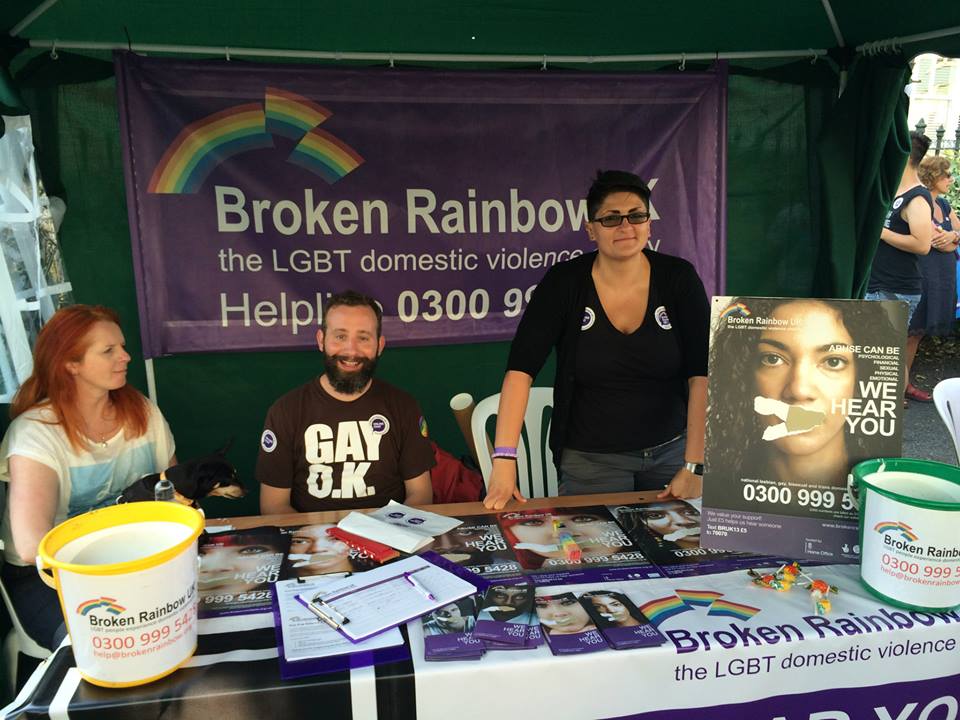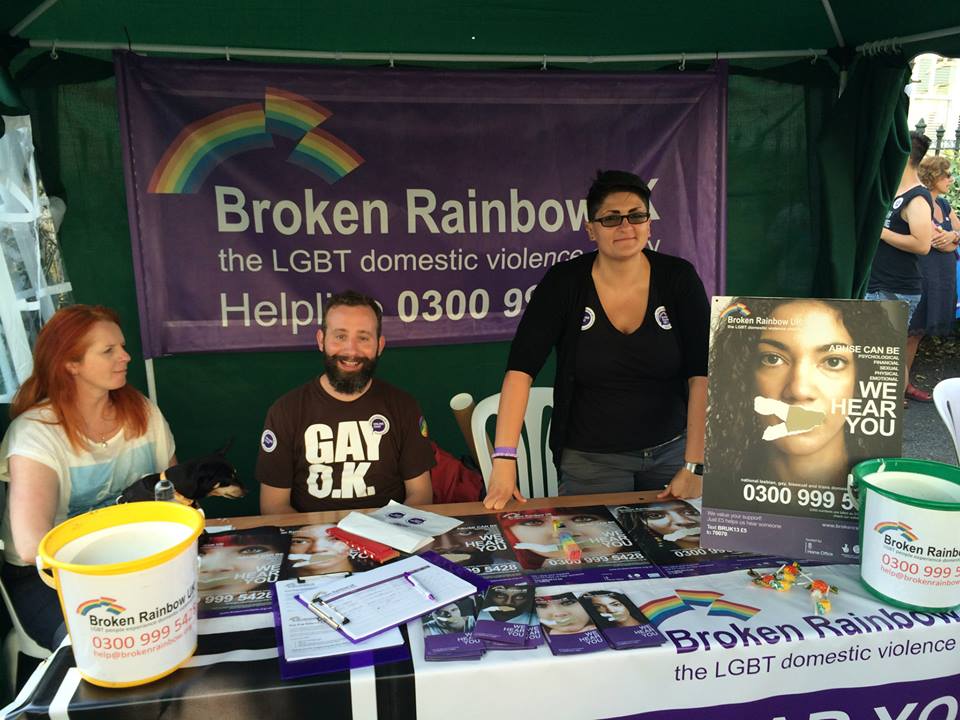LGBT+ charities were there for us – now they need our help
By Ross Semple

Charities have been supporting LGBT+ people for decades. Without their valuable work, many young people would not be able to lead happy and healthy lives. In the United Kingdom, we’re fortunate to be surrounded by many outstanding LGBT-specific charitable organisations. They work on a daily basis, trying to make life for young people a little bit better. I’m sure many of you may have come into contact with such organisations at some point in your life, be it for sexual health advice, counselling or support in the workplace. The work of these charities affects all aspects of our lives.
For young gay people, life can be particularly challenging. On a daily basis, many gay students face homophobic bullying at school. The ramifications of this can span from underachieving in academic work, suffering low self-esteem, to – in the extreme – suicide. Within the classroom, gay students are not receiving adequate sex and relationship education, because the current curriculum does not include them in the conversation. And as they approach the end of their school years, a lack of positive gay role models may leave them feeling lost, with doubts about their future.
So who is left to support these young people? Many of them will turn to LGBT+ charities for support, simply because of the fact that they feel unable to get it from their schools or their peer group. It’s clear that the work of these inspiring charities is life-saving, yet for some reason their value in society is not being recognised by the government. We are constantly being reminded of the harsh realities of our government’s attitude towards third sector organisations. Funding has been cut, resulting in many organisations collapsing under the financial strain of doing more with less. Meanwhile, young LGBT+ people are being left to fend for themselves, with devastating consequences.

Last year saw the loss of Broken Rainbow, the country’s only domestic violence charity specifically for LGBT+ people, and PACE, the LGBT+ mental health charity, whilst many other charities saw their services reduced significantly. It is clear that no charity is safe from closure. GMFA, the UK’s only charity for gay men’s health, announced that it is seeking to raise £25,000 in order to continue its work. The charity’s workforce of five full-time staff members and a small army of volunteers labours tirelessly to promote sexual health services to the UK’s gay population.
HIV and STI rates amongst men who have sex with men remain high, demonstrating why sexual health services for gay men are so important, yet GMFA receives no statutory funding. Not only has the government failed to make inclusive sex and relationship education in schools mandatory, leaving young gay men without the vital skills to navigate healthy and happy sex lives, it has also failed to fund the organisations who are trying to pick up the baton of responsibility.
The future of the UK’s LGBT+ specific charities remains uncertain. It is unquestionably a challenging time for any third sector organisation. It’s about time that these organisations received the financial support that they deserve from our government. Their closure is simply unacceptable.
The charities that were there for us when we needed them, now need our help. If you run or bungee jump or skydive, why not fundraise for a charity that’s close to your heart? I can’t do any of those things, but I do donate 500 words a month to GMFA’s magazine, so I think they’ll forgive me. Let’s not leave it too late to say ‘thank you’ to these charities for everything they’ve done for us.
Words by Hadley Stewart
